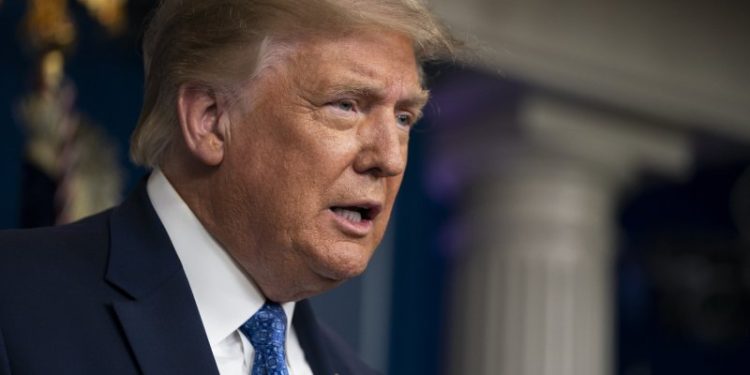It’s still early, but if a recent poll is any indication, Donald Trump’s legacy shows no signs of fading anytime soon.
While the Biden administration hasn’t officially ended — even if Joe Biden seems to have taken the phrase “wilderness years” literally and exited a bit early — polling on the 2028 presidential race is already making waves.
The results? Both parties appear to favor candidates who represent the closest thing to a rematch.
According to an Echelon Insights survey released Monday, Vice President Kamala Harris and Vice President-elect J.D. Vance, currently an Ohio senator, are leading the field for the 2028 presidential primaries. The poll, conducted between Nov. 14 and 18 among 1,010 likely 2028 voters, has a margin of error of ±3.5 percentage points.
For Republicans, Vance was the clear frontrunner, garnering 37% support among GOP voters. Vivek Ramaswamy, a former Trump primary challenger and co-chair of the DOGE Commission, tied for second with 9%, alongside former South Carolina Gov. Nikki Haley. Florida Gov. Ron DeSantis followed with 8%, while Texas Sen. Ted Cruz and Florida Sen. Marco Rubio each earned 5%. Eighteen percent of Republicans were undecided.
On the Democratic side, Harris led with 41% support. California Gov. Gavin Newsom came in second at 8%, followed by Pennsylvania Gov. Josh Shapiro at 7%. Transportation Secretary Pete Buttigieg and Harris’s running mate, Minnesota Gov. Tim Walz, tied at 6%. New York Rep. Alexandria Ocasio-Cortez rounded out the top candidates with 4%.
Key Takeaways
First, J.D. Vance’s rise is remarkable. Initially dismissed as “weird” and a potential liability, Vance emerged during the 2024 cycle as an affable, intelligent, and highly effective politician. Democrats’ efforts to brand him as out of touch didn’t stick, and he became a relatable yet capable face of “Trumpism without Trump.”
As the GOP’s vice presidential pick, Vance solidified his image, excelling over prominent contenders like Ramaswamy, DeSantis, Arkansas Gov. Sarah Huckabee Sanders (2%), and Virginia Gov. Glenn Youngkin (1%). His success highlights not only his appeal but Trump’s political instincts in choosing him.
Meanwhile, the Democratic Party seems determined to relive its 2024 defeat. Despite Harris’s loss, her campaign is being reimagined as flawless, with the blame for her defeat shifted to external factors such as Biden’s timing or voter misjudgment.
The list of Democratic contenders suggests little self-reflection. Aside from Shapiro, who seems to represent veep buyer’s remorse, the field is dominated by progressive figures or administration loyalists. Even AOC made the list at 4%. Moderates like Kentucky Gov. Andy Beshear (2%) appear buried in the rankings, with few fresh faces to challenge the status quo.
What This Means
The contrast between the two parties couldn’t be clearer. The GOP, reshaped by Trump, is proving to be dynamic and forward-thinking, with a bench of resilient candidates ready to carry the mantle. Meanwhile, Democrats appear entrenched, viewing their 2024 loss as a fluke rather than a referendum on their policies or candidates.
It’s only one poll, and it’s still early days. But the results reinforce a broader trend: Trump’s influence on American politics continues to shape both parties — and it shows no signs of fading.
 Telegram is where we really talk. Don't miss out!
Telegram is where we really talk. Don't miss out!







